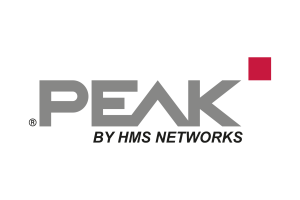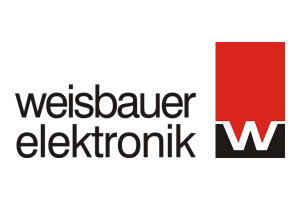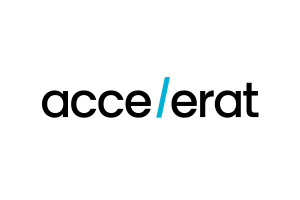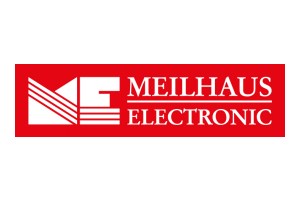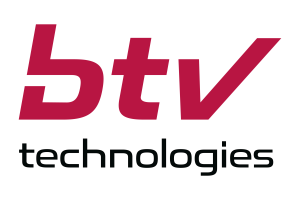Mood Picture in Embedded Computing
Cheerful with Occasional Shadows
Fortsetzung des Artikels von Teil 2
Using leading indicators
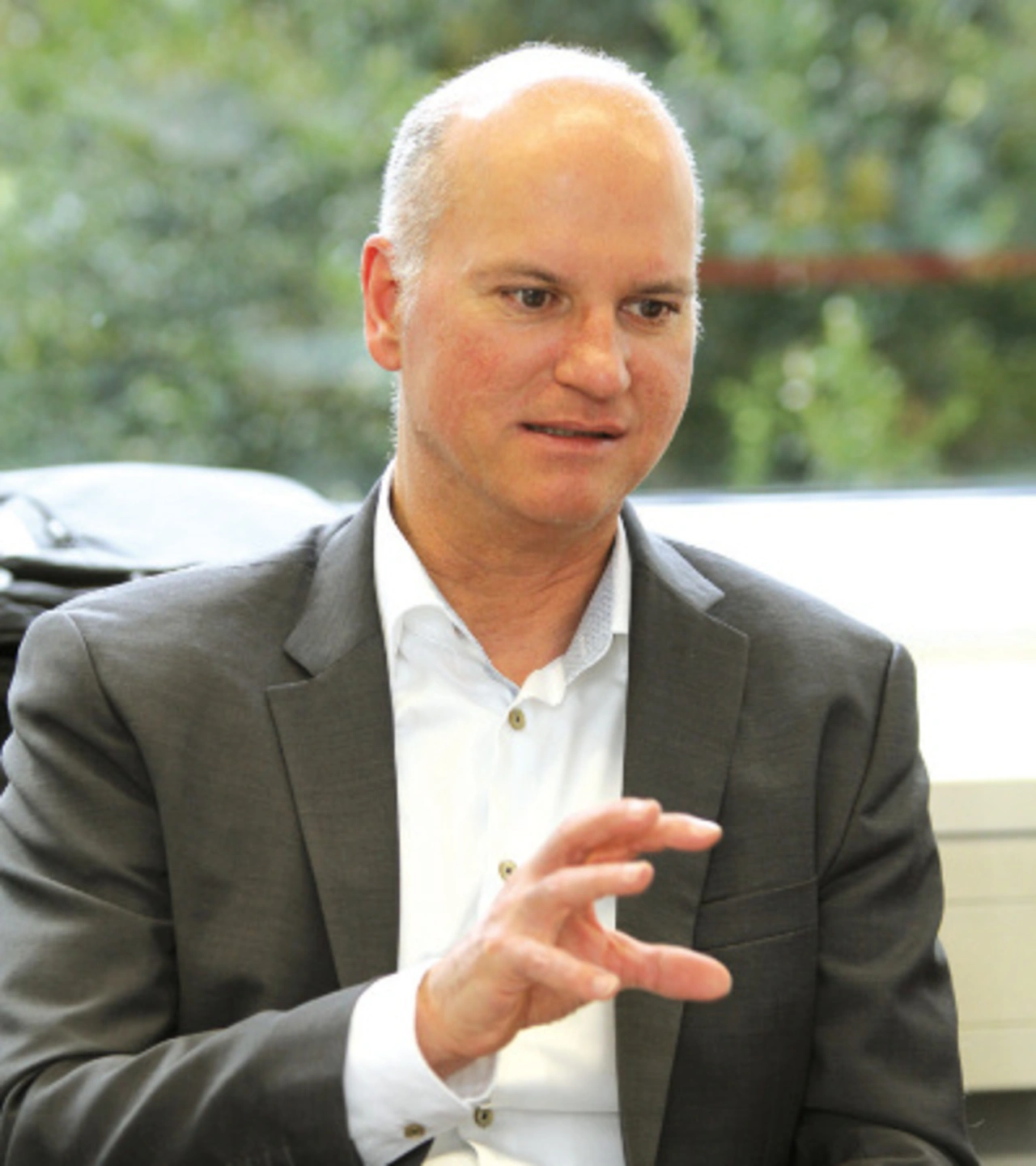
What is the current situation?
"The situation for passive and mechanical components has improved compared to last year, but relatively long-term planning and procurement is still required," reports Volkmar Kaufmann, Sales Director Central & East Europe at Aaeon Technology Europe. "Memory and Flash are also more readily available, but delivery times are already expected to rise again. After last year's massive supply difficulties and some relaxation, Intel's statement that capacities are experiencing a bottleneck at 14 nm also came again for Intel processors. The embedded industry has learned to use delivery times and prices as early indicators and to take appropriate measures. Unfortunately, politics is now causing disruptions, the scope and consequences of which are new territory for the embedded industry.
One example is the trade dispute between the US and China. "In international business, in particular for devices and systems for the USA, there is great uncertainty as to the extent to which devices and systems with components 'Made in China' could become more expensive as a result of possible additional customs duties," explains Josef Fromberger. "This is not noticeable in the case of current business, but in the case of new business initiations these possibilities are already indicated in the offers and noted accordingly or kept open as possible additional costs. Some companies are trying to avoid this risk by relocating production to Taiwan. "In the opposite case, we find that China relies on its own products for important domestic projects and that parallel developments are started in order to become independent of US technologies," reports Josef Fromberger.
Even if you do business locally, the dispute has an indirect effect, as Martin Steger, Managing Director of iesy, reports: "We ourselves are currently not affected by customs duties resulting from the trade dispute. We feel the problem mainly in the significantly weaker euro, which is a problem for us when we have to buy US dollar-based components, and in the general deterioration of the investment climate.
Another incident is the Brexit. "Since nobody knows what will happen when and how, 'business as usual' is the order of the day. But uncertainty has its effects," stresses Josef Fromberger. "On the one hand, businesses are more hesitant to do business, and on the other hand, products from the other side are used for a longer period of time - if it makes sense. Of course, the debates are burdening business life, the additional costs of a brexit for each individual are not yet calculable."
Even the type of withdrawal is not foreseeable. For Peter Ahne, it is therefore important to prepare for the worst case first: "Preparations are underway and we are prepared for the case of a hard Brexit. If that doesn't happen, things will relax completely. We are only expecting changes very slowly."
"Digitalisation and all the trends associated with it overshadow - in a positive sense - economic problems and the headwind of international political differences. After years of upswing, especially in Germany, the expected recession may dampen growth somewhat. From our point of view, however, this is a high level of complaints," sums up Volkmar Kaufmann.
- Cheerful with Occasional Shadows
- "Thunderbolt will hardly play a role..."
- Using leading indicators





